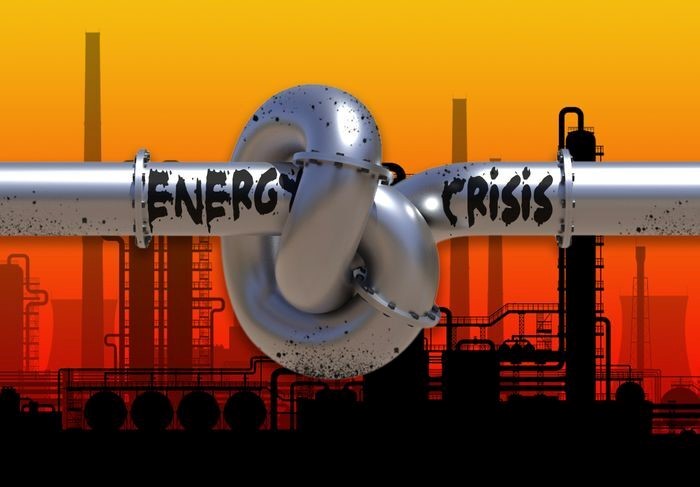

China, the world's largest aluminium producer, is again in a precarious position. In this instance, the primary cause is a problem with the nation's power supply in the southwest. Due to a severe water constraint, the Yunnan province, the centre of southern China's aluminium manufacturing industry, is restricting metal production.

The availability of hydroelectric power in the region has also been affected by this deficit. However, industry analysts will determine how this will affect the price of aluminium worldwide.
The region's hydroelectric energy-producing capability has considerably decreased, as our sources from China reported. As a result, the province authorities last month delivered a warning to Yunnan aluminium smelters, instructing the businesses to cut their power usage, which might affect the aluminium price. Primary aluminium production is a high-energy-intensive sector.
In February, manufacturing activity in the second-largest economy in the world grew at its fastest rate in over ten years. China, by the way, is the world's largest producer and consumer of aluminium. As a result, both hopeful and gloomy news from the country can significantly impact aluminium price points.
China imported 374,321 tonnes between January and February of this year, according to the General Administration of Customs. This shows a rise of 11.3% from the previous year in the same phase.
Nonetheless, the global aluminium price during these two months made imports unappealing. The benchmark aluminium contract on the LME, for example, recorded a monthly average of US $2,644 per tonne in January, the highest since May 2022. A drop followed this to an average price of $2,373 per tonne in February. Furthermore, our sources reported that most of China’s imports arrived from Russia, surging by around 266.2 per cent.
When regions like Yunnan experience another energy crisis, the major aluminium smelters in China are still considering shifting some of their capacity abroad, primarily to Indonesia. In fact, Indonesia intends to prohibit the export of bauxite beginning in June 2023.
Needless to say, rainwater deficiency and subsequent water restrictions aren't helping the industry. Discussions are on the go for more power outages throughout the rest of 2023. Moreover, Yunnan has to continue using renewable energy this year. If not, that might also impact the manufacturing of aluminium. Moving smelters overseas is a good alternative for the time being.
Responses








